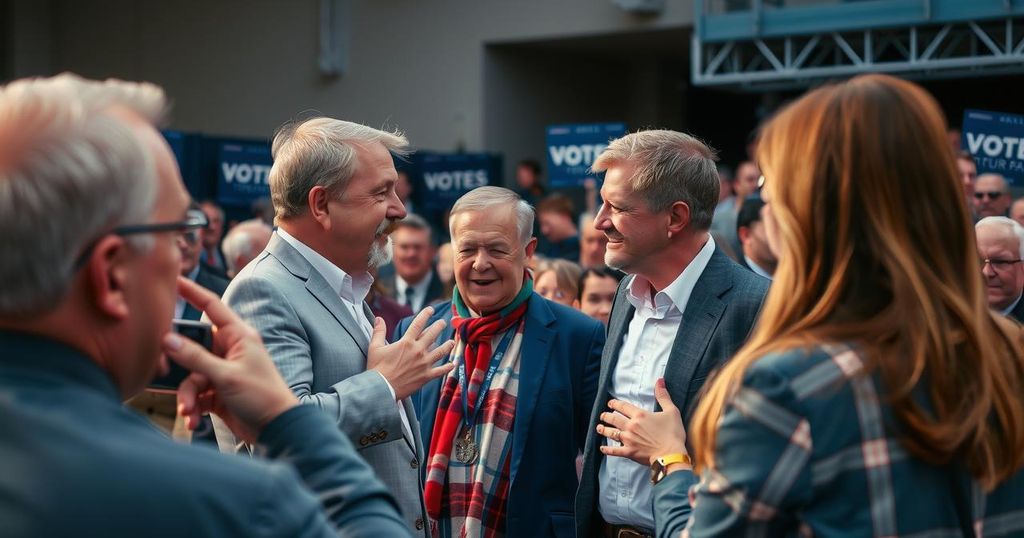The recent attack at the Magdeburg Christmas market has sparked false narratives that could significantly impact the upcoming federal elections in Germany. Politicians from the far-right Alternative for Germany (AfD) have seized the opportunity to push their agenda, linking migration to security concerns. This incident highlights a concerning trend in German politics as it edges towards right-wing narratives, overshadowing the socioeconomic aspects of migration. Analysts warn of the potential for increased polarization and external interference in the elections.
The brutal ramming at the Magdeburg Christmas market has swiftly ignited disinformation campaigns and heightened political tensions ahead of Germany’s federal elections in February. Some false narratives suggested multiple attackers and linked them to migration. Right-wing politicians, particularly from the Alternative for Germany (AfD) party, capitalized on the incident to criticize current migration policies and the performance of rival parties. The suspect, Talib A.*, a Saudi national living in Germany since 2006, has reportedly expressed admiration for the AfD, prompting further debate over security and migration issues. The incident has the potential to influence the electoral landscape significantly as political figures position themselves on the contentious issues of security and migration, both expected to dominate the upcoming campaign. Political analysts note a worrying trend towards right-wing narratives in discussions of migration, overshadowing important socioeconomic considerations tied to migration policy. Additionally, foreign influences, including disinformation from Russian sources and political endorsements from figures like Elon Musk, may complicate the political climate as the elections approach.
The Magdeburg attack highlights the ongoing concerns regarding security and migration in Germany, particularly in light of rising far-right influence. The events illustrate how tragic incidents can be politicized swiftly, with parties like the AfD using them to bolster their positions. Political discourse is increasingly focused on portraying migration as a security threat rather than addressing it through a nuanced lens that considers labor shortages and the potential contributions of migrants. The upcoming federal elections provide a critical backdrop against which these narratives are unfolding, underscoring the need for a careful analysis of the socio-political dynamics at play.
The Magdeburg attack serves as a pivotal moment that could reshape the forthcoming federal elections in Germany. The rapid spread of misinformation, coupled with the opportunistic responses from right-wing politicians, marks a concerning trend towards framing migration as a security issue. This incident underscores the growing polarization within German politics regarding both migration policy and national security, alongside the influence of external actors in shaping public discourse. As the elections approach, these factors will likely dominate political debates and strategies.
Original Source: www.dw.com







